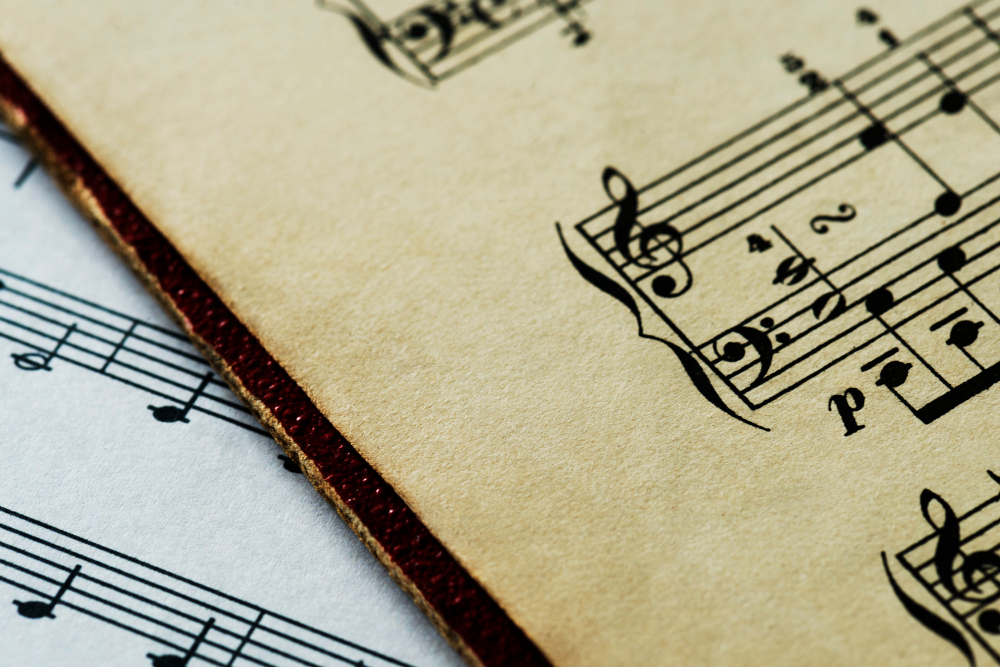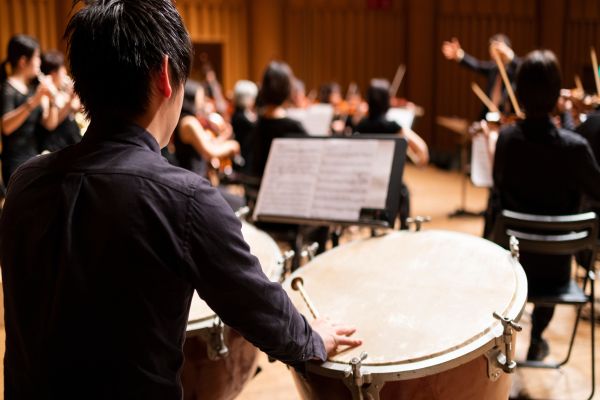During Beethoven’s dying moments, a number of visitors were around him; and, of Schubert, he feebly indicated with his hands, ‘Franz has my soul’. A collection of Schubert’s songs was placed in his hands, and after examining them, Beethoven said: ‘Truly, Schubert possesses the divine fire.’
Franz Schubert was compared with the greatest in every musical genre–string quartets with Haydn and Mozart, and symphonies with Beethoven. Born in 1797 near Vienna, Schubert’s phenomenal outpouring included operas and symphonies; over 600 songs; overtures and masses; string quartets, quintets and an octet; 20 piano sonatas; and some 50 choral works. And all of this was achieved in a very short time: Schubert died at 31.
His major works include the Piano Quintet in A Major (Trout Quintet), the Symphony No. 8 in B minor(Unfinished Symphony), the ‘Great’ Symphony No. 9 in C major, the three last piano sonatas, the opera Fierrabras, the incidental music to the play Rosamunde, the song cycles, Die schone Mullerin and Winterreise.
As a prolific composer, Franz Schubert bridged the worlds of Classical and Romantic music, noted for the melody and harmony in his songs (lieder) and chamber music. Among his notable works are Symphony No.9.in C Major (The Great), Symphony in B Minor (Unfinished), masses and piano works. Unquestionably, Schubert can be regarded as the last of the great Classical composers.
Ave Maria
Schubert was a prodigy of sorts. At 17, he wrote his first masterpiece – a setting of Goethe’s Gretchen am Spinnrade (Gretchen at the Spinning Wheel); making the piano part an integral element of the song. And at 18 wrote more than 20,000 bars of music, including nine church works, a symphony, and some 150 songs – including eight in one day in October 1815. And at 22, Schubert had written The Trout.
At an age when Beethoven had produced merely excellent classical style string quartets, Schubert produced his C major String Quintet. Music lovers feel that perhaps the most beautiful piece of chamber music in C major String Quintet ever composed was Schubert’s; and that he was the first, and the greatest, songwriter in history. ‘His 615 songs represent a flow of unaffected melody, and dark undercurrents of the soul, without compare in the history of music. Die Winterreise is a world unto itself of melodic beauty, spiritual torment, the bleakness of lost love, and the coldness of the hand of death’ writes Gregg Whiteside.
Symphony No. 8 (excerpt)
Schubert is today one of the world’s most frequently performed composers, and acknowledged as an all-time classical great; and recognition of his genius increased significantly in the decades following his death. Liszt, Schumann, Brahms and Mendelssohn all championed his works.
Liszt referred to Schubert ‘the most poetical musician that ever was.’ Schumann was equally complimentary, saying that ‘Schubert’s pencil was dipped in moonbeams and in the flame of the sun.’
The Vintage Guide to Classical Music aptly remarks, ’Among the great naturals in music, Franz Schubert was in many ways the most remarkable. Compared to Mozart, Mendelssohn and Rossini he had the least training, matured at least as young as the others, was the most original, found the least public success, and died the youngest at age thirty-one. If Mozart had died at that age, we would have no Don Giovanni, no Magic Flute no G minor Symphony… Where Beethoven struggled with his material as if he were wrestling with the gods, and Mozart composed in his head, picking up the pen usually at the last minute, Schubert spent most of his time simply sitting and writing… His real life was on paper—a great deal of paper, fortunately, because his bodily existence was destined to be brief. From the beginning he wrote as if he knew how little time he had.’
“Trout” Quintet, 4th Movement
In a blog titled, ‘”Franz Schubert – Composer for Our Corona Times”, published in “Interlude” (July 13th 2020), Frances Wilson, after listening to a rendering of Schubert’s late great song cycle, Winterreise, in a lockdown concert at London, writes: ‘…Music so fitting for these strange days, the narrative one of loss, longing and separation. The poet of home, and the loss of home, Schubert is the composer for our corona times. Listening in isolation to performers playing to an empty hall, this narrative of isolation, its chill frequently tinged with the tenderest poignancy, seemed particularly appropriate. We are at home, but we are separate, living in our “bubbles”, unable to hug our family and friends, yet finding a sense of closeness, warmth and solace through music…’



